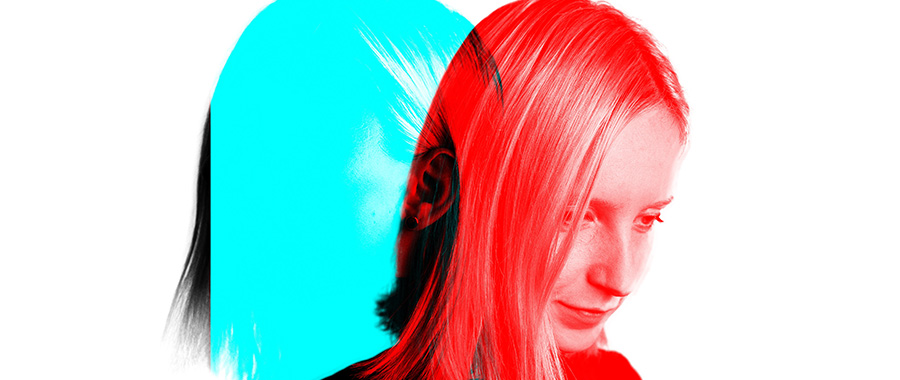In the grand tapestry of human experience, where self-awareness and personal growth intertwine, the teachings of the Bahá’í Faith present profound insights into the nature of the ego. Consider this: What if the greatest obstacle to your personal evolution is not external circumstances, but rather the ego that resides within? As we embark on this exploration, we will unearth methodologies to combat this most insidious adversary—a challenge that, while daunting, offers fertile ground for spiritual enrichment and self-discovery.
The Bahá’í perspectives on ego, often framed as the “lower nature,” articulate the need to transcend self-centered proclivities for the sake of communal and spiritual well-being. Understanding the ego’s role encourages a deliberate and informed approach to personal transformation. What follows is an extensive guide that elucidates two effective pathways to combat this formidable foe: self-reflection and acts of service, each accompanied by actionable strategies.
1. The Power of Self-Reflection
Self-reflection serves as the cornerstone of recognizing and understanding the ego. In a world inundated with distractions, carving out moments for introspection can ignite a profound reverberation in one’s consciousness. The pursuit of self-knowledge allows for a clearer distinction between the true self and the ego’s incessant clamoring.
Identifying Ego Triggers
The first step in self-reflection involves the identification of ego triggers. This requires an acute awareness of moments that elicit defensiveness, pride, or self-importance. Keeping a reflective journal can be particularly useful. Document instances throughout the day where emotions surged unexpectedly; over time, patterns may emerge. Do you feel a sudden swell of defensiveness when receiving constructive criticism? Such reactions provide invaluable insights into the ego’s operation.
Embracing Vulnerability
Once triggers are identified, the next phase is embracing vulnerability. The Bahá’í teachings advocate humility as an antidote to egoism. Allow yourself to confront feelings of inadequacy and imperfection. Engage in dialogues with trusted companions, sharing your introspections. By vocalizing your vulnerabilities, one can untether the pervasive power that the ego holds.
Practicing Mindfulness
Integrating mindfulness practices into daily life can further support self-reflection. Techniques such as meditation or mindful breathing cultivate a heightened state of awareness and presence. These practices can help in recognizing when ego-driven thoughts arise, allowing individuals to acknowledge them without judgment. The act of observing thoughts as they come and go fosters detachment from the ego’s influence.
2. Acts of Service as Ego Antidotes
While self-reflection dives deep into the psyche, acts of service function as both a practical application and counterbalance to egoistic tendencies. Engaging in service nurtures the spirit and reaffirms the interconnectedness of humanity. Altruistic acts diminish the focus on self, fostering a greater sense of purpose and belonging.
Engaging in Community Service
Participating in community service initiatives epitomizes the essence of selflessness. Seek opportunities that resonate personally, whether it involves volunteering at a local shelter or participating in community-driven projects. The resulting sense of accomplishment transcends the superficial confines of the ego, enhancing empathy and understanding for the collective experiences of others.
Practicing Gratitude
Another powerful component of service is the practice of gratitude. Regularly acknowledging the contributions of others cultivates an appreciative mindset, counteracting egotistical tendencies. Consider initiating a daily gratitude practice, wherein you note the myriad ways in which others enhance your life. This realization illuminates the interconnected web of human experience, providing clarity that individual triumphs are often collective achievements.
Creating a Culture of Kindness
In addition to individual acts, aspire to incite a culture of kindness in your environment. Simple gestures, such as offering genuine compliments or providing support during challenging times, can foster a more compassionate atmosphere. As a community, when goodness is prioritized over personal accolades, the collective ego diminishes in favor of unity and collaboration.
Conclusion: The Continuous Journey
Engaging with the ego is akin to navigating a labyrinth—complex and multifaceted, yet ultimately rewarding. Through self-reflection and acts of service, individuals can delineate the contours of their egos, all the while nurturing a more profound sense of connection to both self and community. The journey to combat the ego is not a one-time endeavor but rather a continuous voyage towards self-betterment and spiritual growth.
Ultimately, the teachings of the Bahá’í Faith illuminate pathways not merely to subdue the ego but to integrate understanding, compassion, and love into the essence of our beings. As you reflect upon this dual approach, ponder: What transformations could arise in your life as you confront the ego head-on and embrace your true potential? In embracing these powerful methodologies, one inch closer to harmony with oneself and the universe can be achieved.
